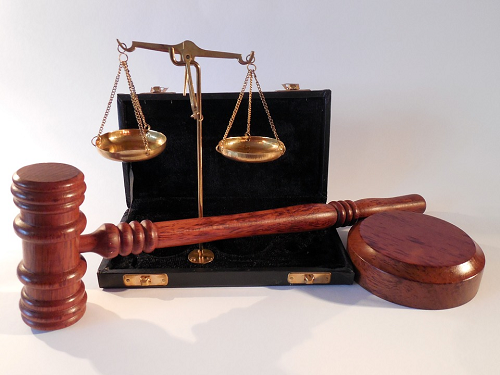Borrowing on credit can help you do much in life. However, you may face a rough encounter with your creditor if you fail to pay or are late paying. The good news is creditors can’t just do whatever they’d like to collect. The Fair Debt Collection Practices Act protects you by regulating how debt collectors handle you while paying your debt.

Let’s see what rights debtors have in more detail.
How Does Federal Law Protect Me?
Federal law:
- Regulates the time of the day your debt collector should contact you
- Prohibits debt collectors from using harassing tactics
- Requires all collectors to adhere to court requests to stop contacting borrowers.
However, you’re still required by law to respond to a notice issued by your creditor as soon as possible to prevent legal implications in the future and potential negative credit ratings.
Multiple abusive issues perpetrated by the debt collection industry made governing institutions come up with a list of the rights and responsibilities of each party to create peace.
These issues include:
- Harassment during calls
- False-negative information that debt collectors report to credit reporting companies
- Collecting old debts that’re settled
- Changing the agreed-upon interest rates
Although creditors are the victims of unfair treatment at times, debtors usually experience challenges most of the time, and such challenges may arise from defaulting to pay their loan dues. If you can’t manage to pay your creditor, it’s a good idea to turn to a debt relief firm to get the assistance you need to maintain your good credit rating.
Read on to discover some of the other rights debtors have.
Harassment and Call Restrictions
As a debtor, you have a right not to be harassed by debt collectors contracted by your creditor. The collectors must not utter any words of threat to harm you or your property illegally if you don’t honor your debt. Also, you shouldn’t receive calls from them often over a short time.
Additionally, you have a right to report any incidents where they use strategic words or symbols while writing letters to you to make the message seem like it’s coming directly from an attorney, court, or government agency.
Collecting money from Creditors’ Bank Accounts, Wages, or Benefits
Your creditor is legally allowed to take money from your bank account or wages during garnishments. Garnishment means the creditor has sued you, and the court gives a judgment of the amount you must pay them to clear your debt. However, the court sets a certain limit on the amount your creditor must collect. So, be keen to ensure your creditor doesn’t surpass the court-set limit. Additionally, if you have social security and veterans’ benefits, your creditor shouldn’t garnish it.
Collecting Old Debts
Although debt collectors can’t manage to sue you for time-barred or expired debts, they may still make a follow-up to collect the money. Most states issue a time limit to individuals that want to file a lawsuit to collect their debt according to a written agreement.
However, some incidents such as partial payments can restart the clock, and some debt collectors will still send you collection notices, report you to credit reporting agencies, or try to call you to pay your loan. If you suspect your debt is time-barred, consult a credit lawyer to offer you the appropriate legal help.
Still, it’s important to note time-barred debts can appear on your credit report and drag down your score. Availing yourself of debt solutions, such as those at www.FreedomDebtRelief.com, can help If it really maters to you.
Debt Collectors Contacting Your Employer, Family, or Friends
The law allows debt collectors to call your employer during some incidents, including verifying your employment, to find out if you have medical insurance if you have medical debt, and request your location details. However, this should be done in writing.
Also, situations that can make your debt collector contact your neighbors, family, or friends include seeking your location details and your attorney agreeing in writing to permit the debt collector to contact other people.
You should know your rights as a debtor to avoid inconveniences that come with harassment by debt collectors. However, you can avoid all this misery by enrolling in Debt Relief programs or seeking help from Debt Relief companies to help you get help with clearing your loan using means you can manage.
